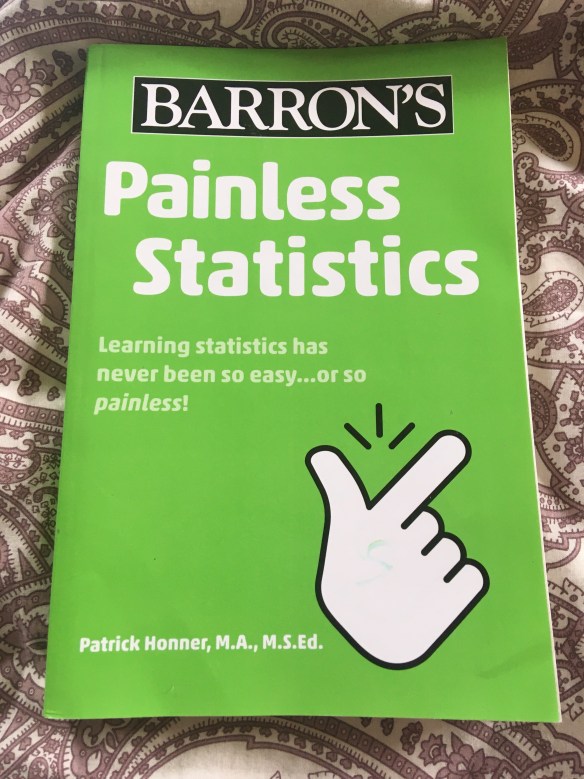Every once in a while people send me books. That’s very nice of those people, I always appreciate it, it’s a cool way to stay in touch with what’s going on. But I feel like I should acknowledge receipt in a clearer way. So, here are three books that I recently received and have started to take a look at, along with something nice I’ll say about each of them.

Tools for Teachers, Oliver Lovell: Oliver’s a great guy and he runs a really nice podcast about education research. He had me on to talk about worked examples back when my own book came out, and it was just a very deep conversation, much deeper than most conversations about pedagogy ever tend to be.
“This book summarises the most useful techniquest, strategies, and mental models from sixty in-depth conversations.” One cool thing about the book is that Ollie creates a giant diagram synthesizing all the things he’s learned. It’s an attempt to show how it all hangs together. Impressive and ambitious! It also features an appendix titled “Michael Pershan’s Worked Example Routine,” and I’m proud to be part of Oliver’s teaching journey.

Painless Statistics, Patrick Honner: Thankfully, I don’t have to prepare students for the Regents exams any more. When I did, books like Patrick’s were crucial for the kids. We need high quality study materials out there in the world, and I feel secure knowing that Patrick — who also writes for Quanta Magazine — is writing these things.
The book ends with a fun chapter titled Statistical Literacy that features excellent examples, including a COVID vaccine trial, a certain “large city” considering a congestion pricing plan (god help nyc), and a brief but clear explanation of p-hacking. There are practice problems, solutions, the whole shebang.

Figuring Out Fluency In Mathematics, Jennifer M. Bay-Williams, John J. SanGiovanni: These types of elementary mathematics texts often don’t have much to say about worked examples, but this one does! “Even though the focus is on someone else’s work, worked examples help students notice their own misconceptions or errors, especially when tasks include self-expalantion prompts. The notion that the work comes from a stranger alleviates anxiety and embarrassment that can come about when sharing with classmates. Worked examples offer the opportunity to inject an idea that hasn’t come about during instruction or other practice opportunities. Like any practice resource, they are flexible and adaptable.”
I also noticed some nice fluency games. I always need more nice fluency games.